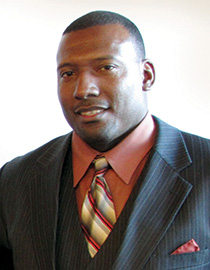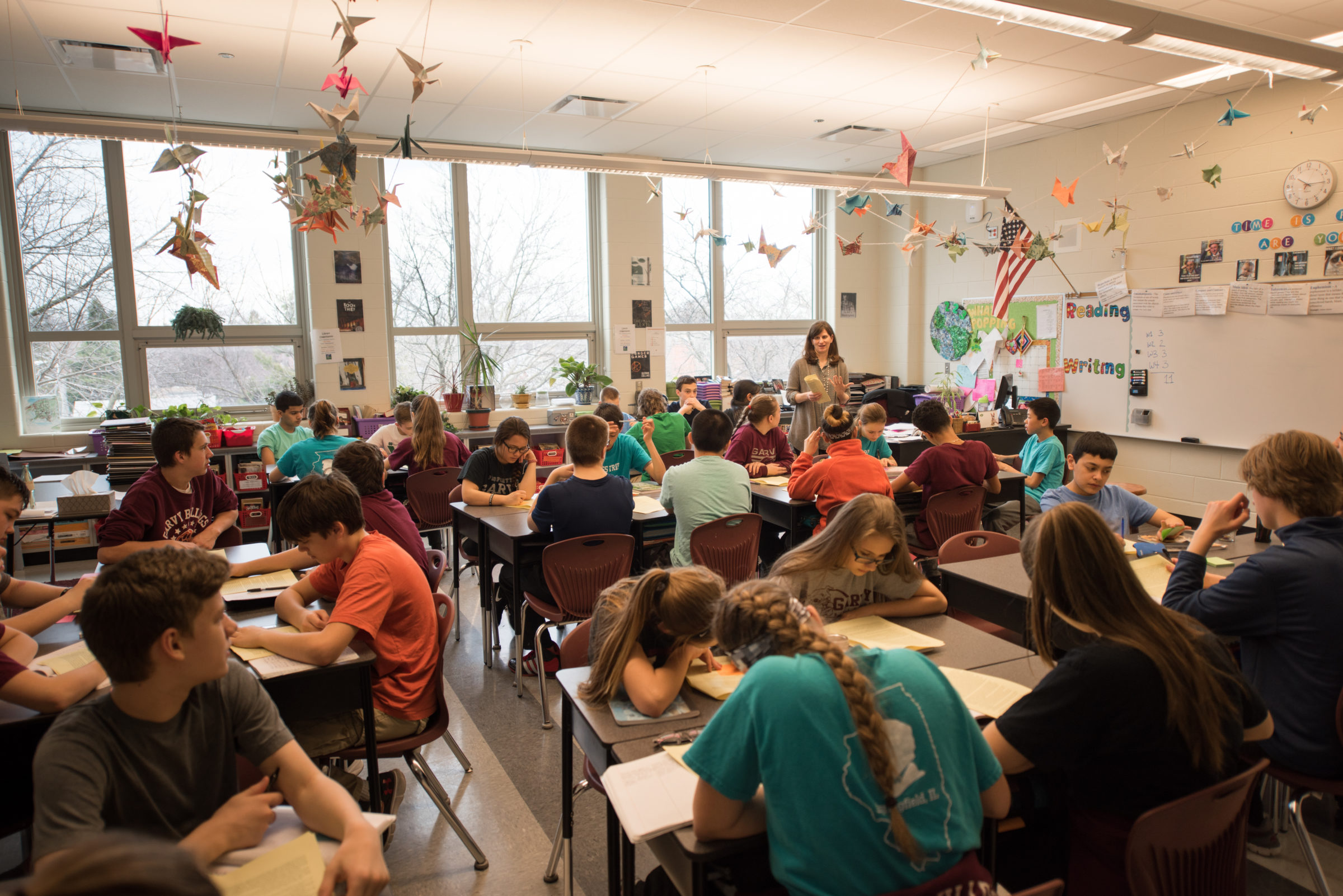Alumni Profile: D’Wayne Bates

D’Wayne Bates is remembered by many around Chicago as a standout wide receiver on Northwestern University’s 1995 Rose Bowl team – and afterward as a member of the Chicago Bears. But it was another experience in college, an internship teaching preschoolers and middle school students, which helped define who he is today. After retiring from football in 2005, he combined his love for sports and education and became a teacher and coach at nearby Evanston Township High School. “This profession affords me an opportunity to save lives by way of educating, motivating, and coaching,” he says.
He enrolled in North Park University’s Type 75 certification program, which became the master of arts in educational leadership in 2013, to enhance his educational leadership skills while taking advantage of the school’s location and affordability. “Upon entering the program, the quality of the coursework and educational experience became apparent instantly, and I knew this program would prepare me to be an effective leader,” he says.
After graduating from the program in 2011, D’Wayne began interning as the associate athletic director at Evanston before transferring to his current job as associate principal and director of athletics and activities at LaSalle-Peru Township High School. In his new position he promotes a “students first” philosophy, oversees dozens of sports and activities, manages coaches and staff, and handles many other administrative duties. He credits faculty, particularly Dr. Sally Pryor, with connecting course material to the reality of being an educational leader.
“Dr. Pryor was a steward for me specifically, as she showed me how to take the Type 75 program and the educational leadership vision, and not only apply it towards my position as assistant principal, but to my other role as an athletic director,” he says.
He cites numerous ways that the Type 75 program continues to shape him, including: how to steward a clear vision; how to create a positive educational climate; and how to provide effective supervision of staff.
“The program helped me to understand keys to success and organize a blueprint to be an effective education leader,” he says.


